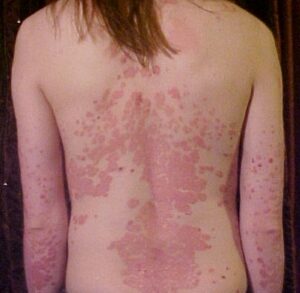![]()
Understanding Dog Scooting
Home Remedies for Dog scooting, while often amusing to witness, can be a sign of discomfort or irritation for our furry companions. It’s characterized by a dog dragging its bottom across the floor, often accompanied by licking or biting at the hindquarters. While occasional scooting may not be cause for concern, persistent scooting could indicate underlying issues that need attention. Lets read further for Home Remedies for Dog Scooting
Causes of Dog Scooting
Anal Gland Issues
One common cause of dog scooting is anal gland problems. Dogs have anal glands that secrete a smelly substance used for marking territory. When these glands become impacted or infected, they can cause discomfort and lead to scooting behavior.
Allergies
Allergies, whether food-related or environmental, can also contribute to dog scooting. Itchy skin from allergies can prompt a dog to scoot in an attempt to alleviate the discomfort.
Parasites
Parasites such as worms or fleas can irritate a dog’s bottom, prompting them to scoot in an attempt to relieve the itching.
Skin Irritations
Skin irritations, including rashes or infections, can cause discomfort for dogs, leading to scooting behavior as they try to alleviate the itchiness.
Home Remedies for Dog Scooting
1. Anal Gland Expression
Regularly expressing your dog’s anal glands can help prevent impaction or infection. This can be done at home or by a professional groomer or veterinarian.
2. Dietary Adjustments
If your dog’s scooting is due to allergies, adjusting their diet may help alleviate symptoms. Consider switching to a hypoallergenic or limited ingredient diet to identify and eliminate potential allergens.
3. Hygiene
Keeping your dog’s bottom clean and dry can help prevent skin irritations and infections that may lead to scooting. Regular baths and gentle cleaning of the anal area can promote better hygiene.
4. Flea and Parasite Control
Ensuring your dog is up-to-date on flea and parasite preventatives can help reduce itching and irritation that may contribute to scooting behavior.
5. Topical Treatments
Applying soothing topical treatments, such as aloe vera or coconut oil, to the affected area can help alleviate itching and promote healing for irritated skin.
6. Regular Exercise
Regular exercise not only promotes overall health but can also help prevent boredom and anxiety, which may contribute to scooting behavior in some dogs.
7. Consultation with a Veterinarian
If home remedies fail to alleviate your dog’s scooting or if you notice other concerning symptoms, it’s essential to consult with a veterinarian. They can help diagnose any underlying issues and recommend appropriate treatment.
Final Note
While occasional scooting may be harmless, persistent or frequent scooting could indicate underlying health issues that require attention. By understanding the potential causes of dog scooting and implementing appropriate home remedies, you can help keep your furry friend comfortable and healthy.



